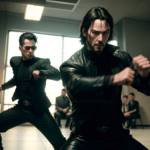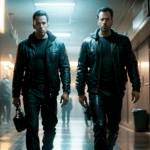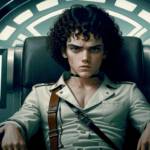The Cinematic Legacy of Philip K. Dick’s Visionary Stories

Philip K. Dick was a prolific science fiction writer whose works have inspired numerous movies over the years. His stories often explored the relationship between reality and perception, the nature of humanity, and the impact of technology on our lives. Some of the most iconic movies in the sci-fi genre have been adapted from Dick’s works, and in this blog post, we’ll take a closer look at some of them.
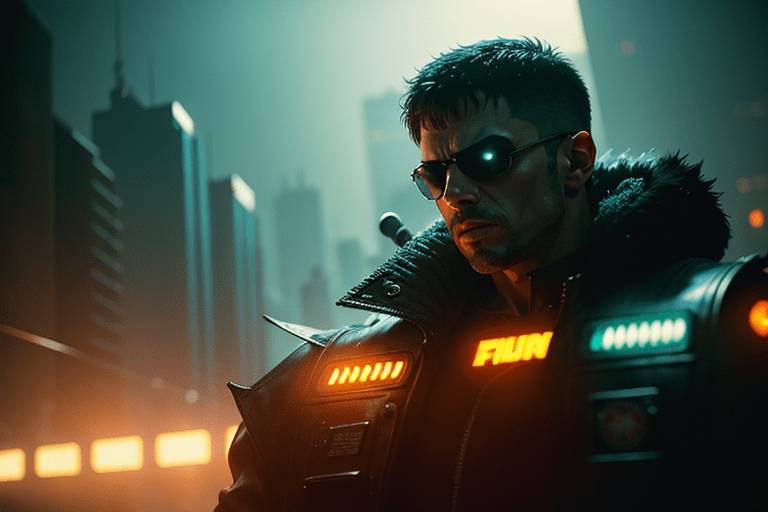
Blade Runner (1982)
One of the most famous adaptations of a Philip K. Dick story is Ridley Scott’s Blade Runner. The movie is based on Dick’s novel “Do Androids Dream of Electric Sheep?” and stars Harrison Ford as Rick Deckard, a retired police officer who is brought back to hunt down a group of rogue androids. The movie is set in a dystopian future where androids have become indistinguishable from humans, raising questions about what it means to be human and what our responsibilities are to the creations we bring to life.
Blade Runner was not a commercial success when it was first released, but it has since become a cult classic and is widely regarded as one of the best sci-fi movies ever made. Its influence can be seen in countless other movies and TV shows, and its themes continue to resonate with audiences today.
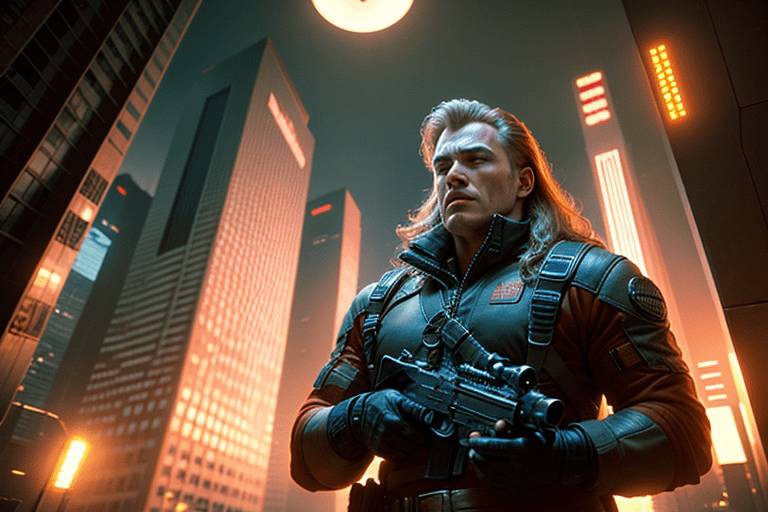
Total Recall (1990)
Total Recall is another famous adaptation of a Philip K. Dick story, this time based on his short story “We Can Remember It for You Wholesale.” The movie stars Arnold Schwarzenegger as a construction worker named Quaid who discovers that his memories have been implanted and that he may not be who he thinks he is. The movie is a thrilling action-adventure that explores the nature of reality and the power of memory.
Total Recall was a huge box office success when it was released and has since become a cult classic. Its special effects and action scenes were groundbreaking at the time and have inspired countless other movies and TV shows in the years since its release.

Minority Report (2002)
Steven Spielberg’s Minority Report is based on a short story of the same name by Philip K. Dick. The movie is set in a future where a specialized police force can predict and prevent crimes before they occur, raising questions about free will, determinism, and the limits of technology. Tom Cruise stars as John Anderton, a police officer who becomes the target of his own department after he is predicted to commit a murder.
Minority Report was a critical and commercial success when it was released and has since become a cult classic. Its themes of free will and determinism continue to be explored in popular culture, and the movie’s futuristic technology has been influential in the development of real-life surveillance and prediction systems.
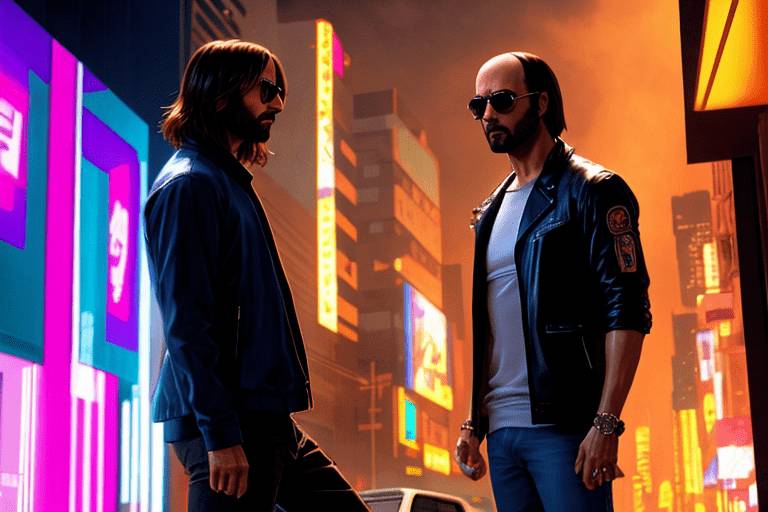
A Scanner Darkly (2006)
A Scanner Darkly is a unique and visually stunning adaptation of a Philip K. Dick novel of the same name. The movie is an animated film that uses a technique called rotoscoping to create a surreal and dreamlike world. The movie is set in a dystopian future where the government is waging a war on drugs, and a police officer named Bob Arctor goes undercover to infiltrate a drug ring.
A Scanner Darkly is a thought-provoking and visually stunning movie that explores the nature of addiction, identity, and reality. The movie’s use of rotoscoping gives it a unique and otherworldly feel that perfectly captures the surreal and trippy world of the novel.
The impact of Philip K. Dick’s stories on popular culture cannot be overstated. His explorations of reality and perception, the nature of humanity, and the influence of technology have resonated with audiences for decades, and continue to do so today. The movies adapted from his works have become classics in their own right, inspiring new generations of filmmakers and writers to explore the same themes in their own unique ways. As long as people continue to ask questions about the nature of reality and our place in the universe, the stories of Philip K. Dick will remain relevant and inspiring for generations to come.




